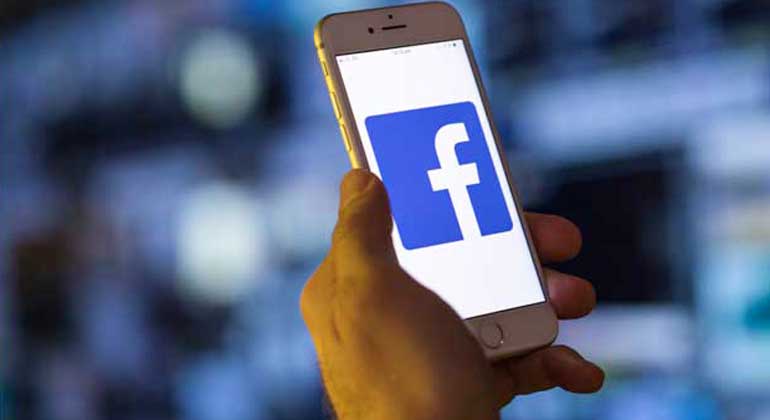AFTER sitting on the sidelines as the US and Europe plowed headlong into vaccinating against COVID-19, the part of the world that contained the coronavirus most successfully is finally starting to administer shots.
Hong Kong began its program in the Asian financial hub on Monday, with Chief Executive Carrie Lam getting inoculated with Beijing-based Sinovac Biotech Ltd.’s product. Japan, Australia and New Zealand have started vaccinating priority groups with shots from Pfizer, Inc.-BioNTech SE and AstraZeneca Plc. Malaysia kicked off its drive on Wednesday, South Korea is due on Friday and Thailand is preparing for a few days later.
The region’s economic powerhouses and developing nations are jumping in one after another, after watching for months as desperate Western nations snatched up supply. With the coronavirus mostly contained throughout much of Asia, governments have had the luxury to wait and see how safely and effectively these rapidly developed vaccines can blunt disease in other countries, before injecting them into their own citizens.
For Asians, waiting a month or two to find out how the vaccine rollouts work elsewhere doesn’t hurt much, said Dale Fisher, an infectious diseases professor at the National University of Singapore. “So rather than say 20,000 in a trial, we now have 200 million vaccinated globally. I think this gives reluctant individuals a lot more confidence.”
The millions of shots already administered worldwide are yielding promising results, with few signs of serious side effects. The Pfizer vaccine was found to be 89.4% effective at preventing infections in Israel, a country which has immunized more than 80% of its population.
That’s encouraging news for parts of Asia that succeeded against the virus by shutting down borders and going into lockdown early, but whose residents are now anxious to shed restrictions. Places like Singapore and Australia are still wrestling with the difficulties of restoring business and leisure travel. China, which has successfully stamped out flareups with strict local measures, risks losing its competitive edge if its borders remain closed to the rest of the world.
Still, it won’t be clear sailing as Asian countries seek to inoculate their populations. Vaccine orders could be delayed amid a scarcity of supplies, as powerful governments in the US and Europe demand more stock from producers. And questions remain over the safety and efficacy of some locally developed vaccines.
The Sinovac vaccine, for one, has shown an efficacy rate of just over 50% in trials involving high-risk health-care workers — far below the 95% success rate for the Pfizer and Moderna, Inc. shots. One big test for the Chinese vaccines may emerge in Hong Kong, which is allowing citizens to choose between a handful of candidates, pitting the Sinovac shot against those from Western rivals.
“We purchased vaccines from different regions,” Chief Executive Lam told reporters Monday. “I don’t think citizens should mind where the vaccine comes from because they are only used after going through very stringent vetting.”
Slots to receive the Sinovac shot in Hong Kong are fully booked for the next two weeks, before China’s Shanghai Fosun Pharmaceutical Group Co. makes the Pfizer-BioNTech shot available in the financial center.
MISSING TARGETS
Though boasting the world’s second-most doses administered, at 40 million, China has fallen short of its initial goal of vaccinating 50 million people by mid-February, as the majority of its 1.4 billion people feel no urgency in an almost COVID-free environment. India too is falling short of targets amid skepticism over a locally developed vaccine that was approved for use before trials were completed.
A hesitant population is likely to be an issue for Japan as well, which is still determined to hold the delayed Olympics this summer in Tokyo. Inoculation for most of its more than 125 million people could be a key factor in the success of the games. Yet Japan has one of the lowest rates of vaccine confidence in the world, due to previous bad experiences with inoculation.
While Japan started giving jabs to health-care workers last week, it’s planning for a slow rollout — it won’t begin vaccinating its elderly population until mid-April.
The delayed starts and nascent reluctance across much of Asia is creating a gap in the speed at which countries across the world are racing toward herd immunity, an essential milestone for resuming normal life.
China, the world’s most populous country, may not reach herd immunity until sometime in 2022, according to local experts. On the other hand, herd immunity is basically a mission accomplished in Israel, while the United Arab Emirates is crossing the 50% mark. In the US, President Joe Biden expects vaccines will be available to every American who wants one by the end of July.
To be sure, it’s early in the vaccination process, and Asian countries may quickly catch up with the West, especially those with smaller populations. South Korea and Australia have set timetables to inoculate everyone by the end of September and October, respectively, which would put them just a few months behind leading vaccinating nations like the US and UK
But experts warn that while Asia’s vaccination drives are a big step forward, there’s still a long way to go before a full return to normalcy.
“In the medium to long term, even if you are in a rich country like Australia, no one is actually gonna be able to travel freely until globally we have this infection under control,” said Peter Collignon, an infectious diseases professor at the Australian National University Medical School in Canberra, who has advised the country on virus mitigation. “We should be global citizens here.” — Bloomberg



